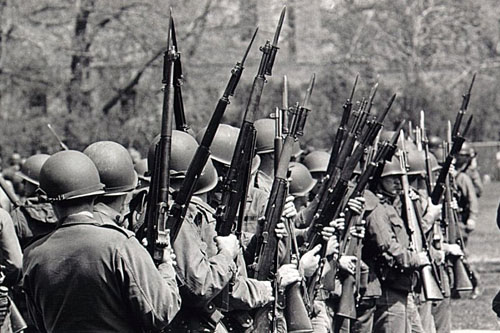
Kent State University, 1970 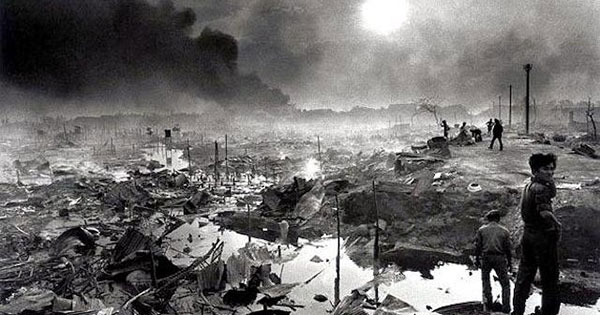
Cambodia following U.S bombing
Billy Field was born in Sylacauga, Alabama. He attended the University of Alabama during the time of the Kent State shootings. During his time as a student at the University he worked as an anti-war protestor, following the Kent State shootings as well as U.S. escalation in Vietnam. The University of Alabama was heated. Couple this with continuous suppression of constitutional rights not only on from the Tuscaloosa Police but the university itself, and things were tense. Following college he moved to Hollywood where he blended his love of history and storytelling, became a screen writer. Today he is a professor at his alma mater where he instructs students in film production, screenwriting, and history. He also runs his own website, www.Lightscameraalabama.com, where he and his students produce documentary films focusing on Alabama history.
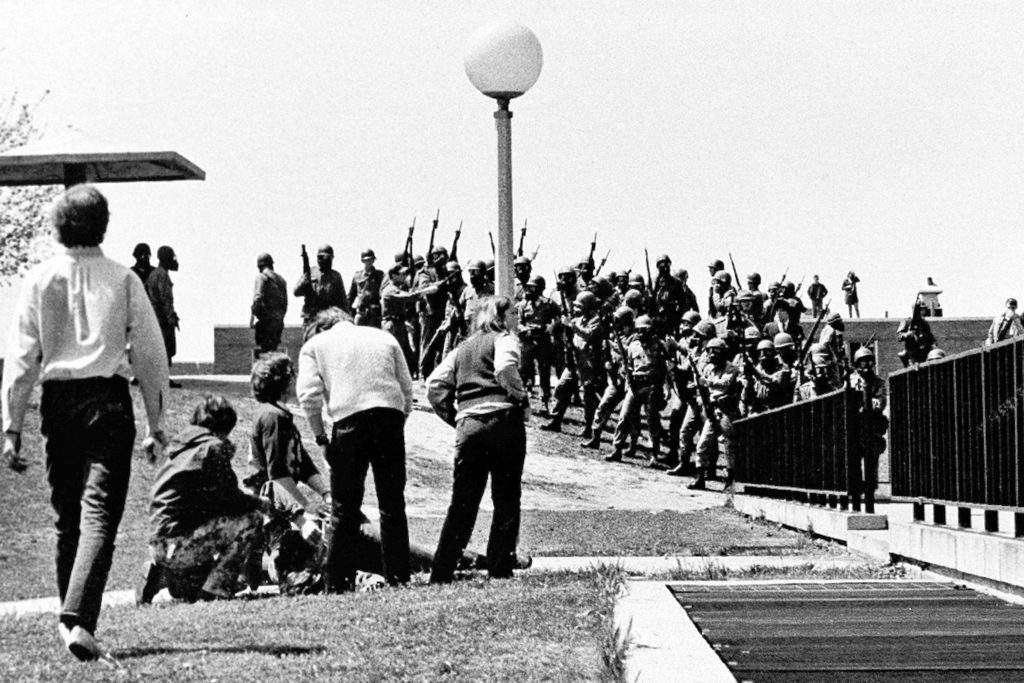
1.
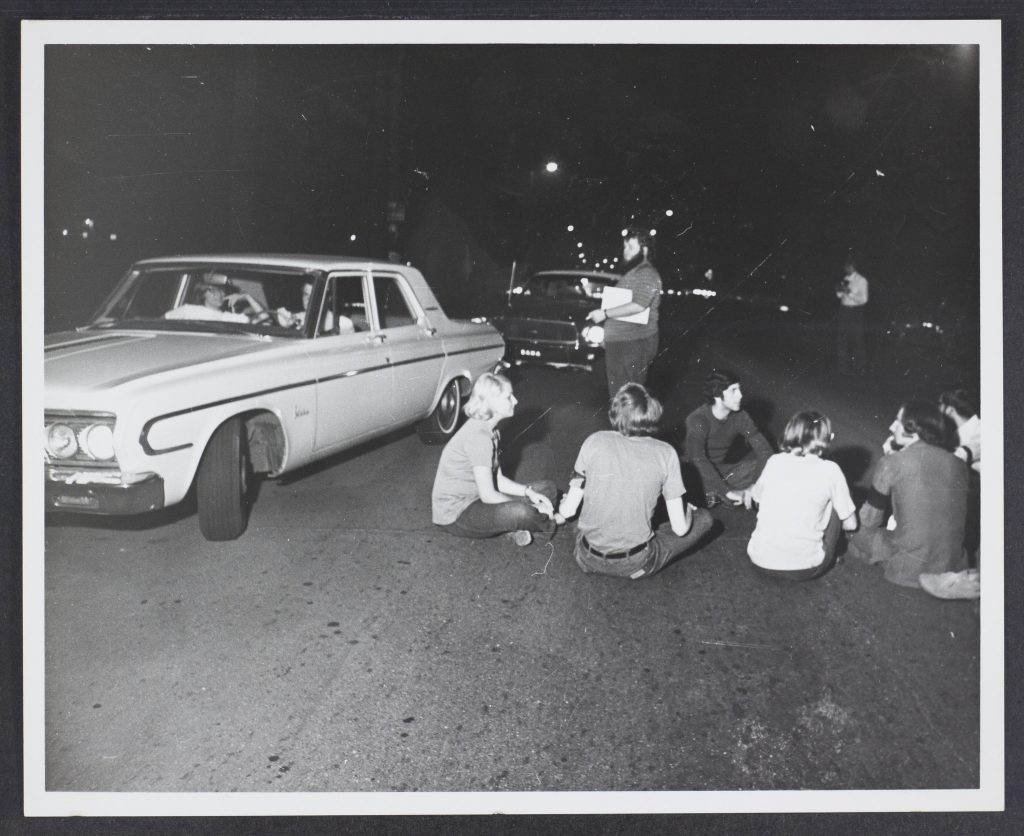
” Well, okay, all over the country. You’ve got to realize that this was the time of the civil rights movement. The women’s movement and the anti-war movement was going on all over the country. I mean, the country was cooking and university campuses were cooking. “
2.
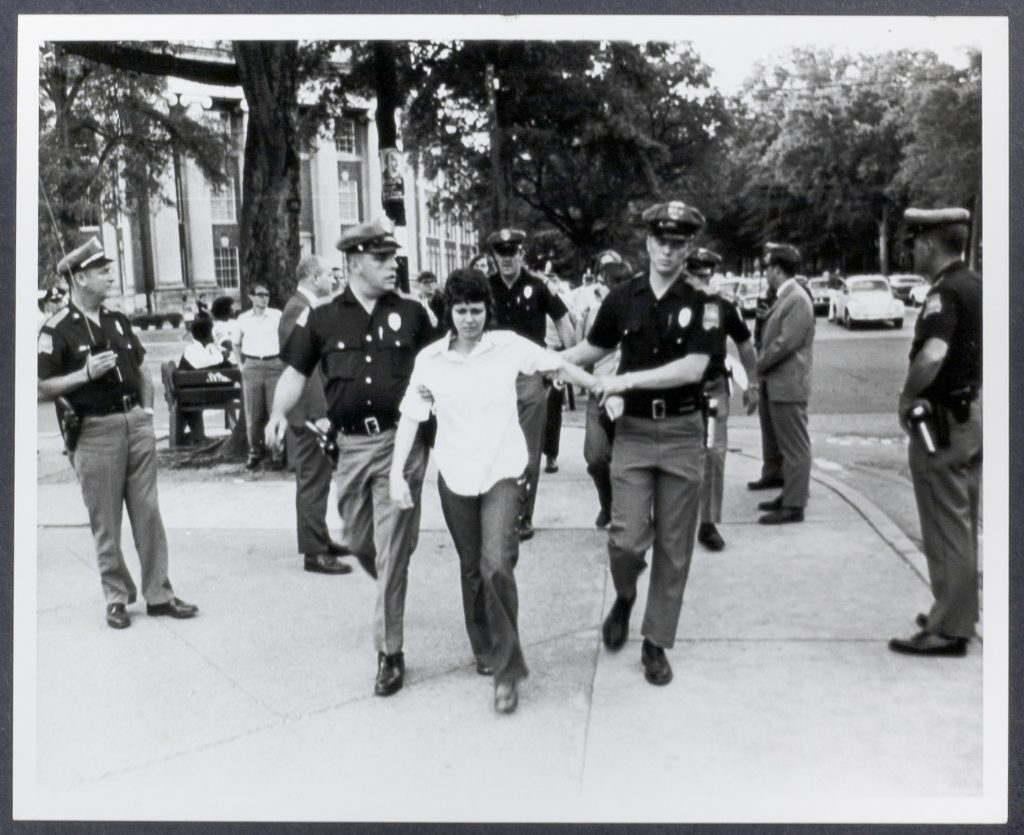
“It was just a tragedy that politicians would promote that were killed between 2 and 4 million Vietnamese. 58,000 American boys and women are on that wall, and it was all because of a bright and shining lie. The politicians simply could not, um, say we made a mistake. We’re backing down. I mean, even the Pentagon papers proved that 80% of the reasons today over there was to quote, save face. So your son dies because they wanted to save face. It’s about as wrong a wrong can be, okay. There’ve been a lot of tragedies this country’s pulled off. Slavery. Probably number one, uh, extermination of the native population and Vietnam was you know, I mean killed between two and four million Vietnamese for no reason, you know? “
3.
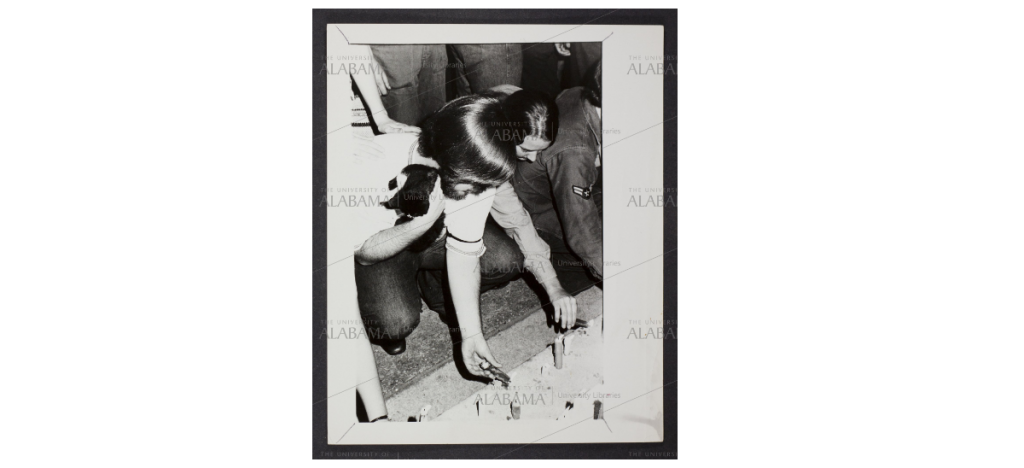
“Yeah, so it’s a scar on America. And but that is not in any way a scar on the boys who went over there and got killed or came back with one leg, ya know. Those guys were brave guys and a lot of now, looking back on it were glad that they went. But a lot look back on it with some bitterness. They were lied to, but it was wrong. And the people, the American people, should have stood up and said so here, here we go.”
4.
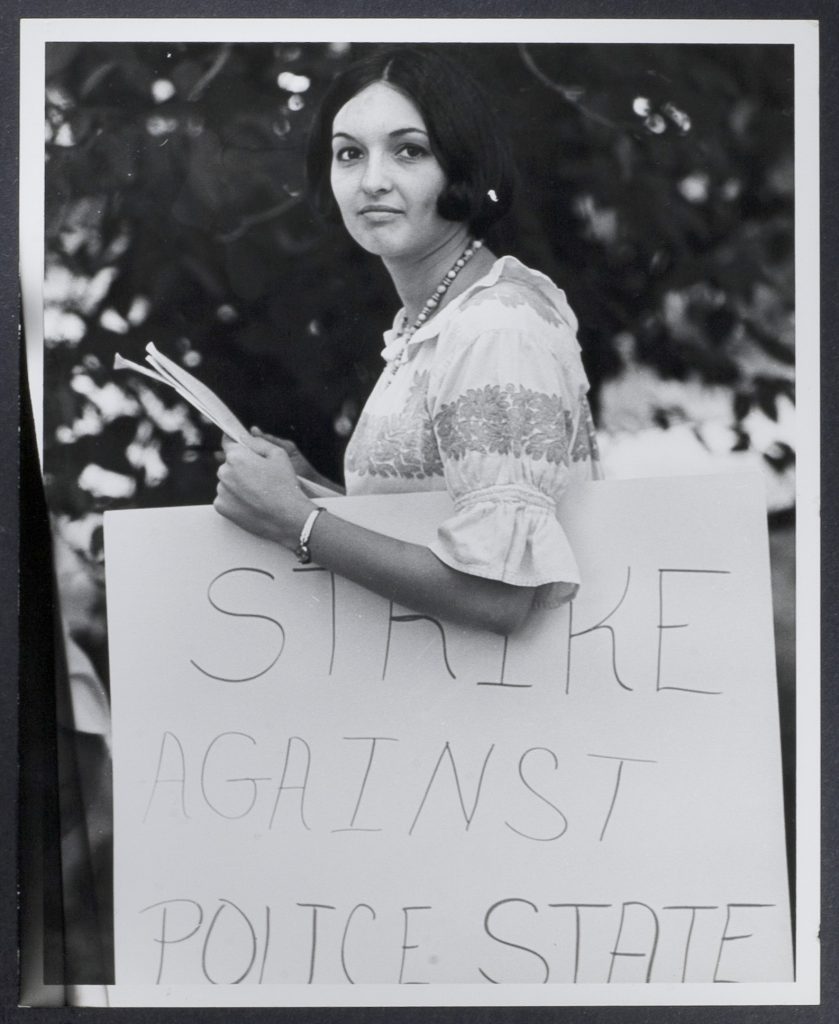
” So the university turned into a way of more of a listening place and more, and more of an accepting place of students ideas. And so, you know, like that a new college was born, so there was a major shift. Now, as far as campus unrest, that last night in the Deeks turning, you know, power, power to the people, the little girl’s yelling pigs, pigs the university couldn’t fathom. “
Reflection:
In the interview Professor Field gave several very moving accounts that echo some of the sentiments, that have been expressed, historically, about the events in question. He provided great insight into the dynamics of a domestic environment and how they came to be effected by a foreign war. Furthermore, he communicated some of the ideas present in the turbulent situations associated with the conflict in Vietnam. He chronicled the lengths in which those in positions of authority chose to go to manipulate that authority instead of using it to maintain order and promote a healthy method of discourse and understanding, especially in a time such as that one, where everyone seemed close to the edge. Whether it be the reception of soldiers returning from war, to the ever depleting lack of trust between the university and its students, Professor Field provided valuable historical context into the mind of one of the individuals within the movements that put their foots down and required more of this nations societal establishments.
Link to Full Transcript:
https://alabama.box.com/s/hwl4jca98ramgtmh92v201l24wfbd5ot
Link to Full Interview:
https://alabama.box.com/s/tj2sjbnhbcku5w00ej5jc8oilv6ad6su
Additional Readings:
We Didn’t Fire a Shot, We Didn’t Burn a Building : The Student Reaction at North Carolina State University to the Kent State Shootings by: Christopher J. Broadhurst
The Kent State shootings, the Long 1960’s, and the Contest Over Memory by: Nancy Bristow
Kent State/ May 4 and Postwar Memory by: John Fitzgerald O’Hara
The Pentagon Papers commissioned by Secretary of State, Robert McNamara